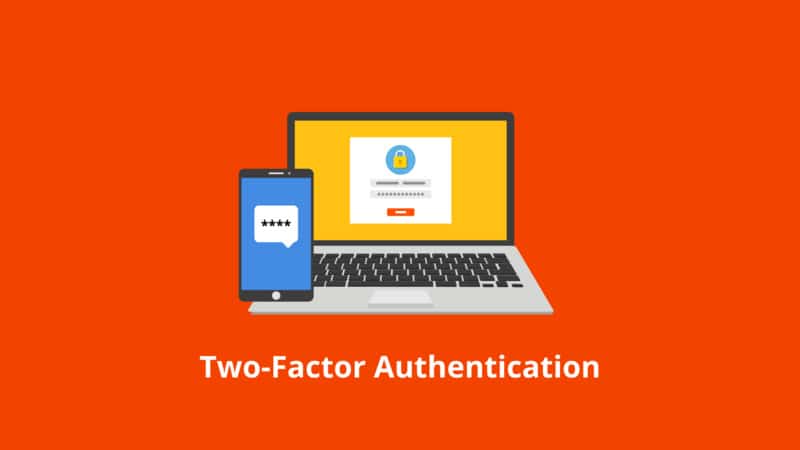
Protecting your organization against cybercrimes is made more accessible with the help of a guide and an awareness training program. Learn more about these steps on our blog.
Employee data, trade secrets, and customer details are all examples of confidential information. Businesses aim to protect these details so that they don’t fall into the wrong hands. However, there are hackers out there that can severely damage enterprises.
For instance, they can steal sensitive data by targeting employees through phishing attacks. Similarly, cybercriminals use cloud jacking to gain access to your operations and eavesdrop on internal communications. Some send fake memos, asking for financial details from consumers to transfer funds to their accounts.
Cybersecurity threats can damage an organization’s reputation. However, you can avoid costly legal troubles by investing in cyber awareness training for business. With this in mind, safeguarding your business against these cyber threats is vital. Once you implement cybersecurity practices, you can prevent such hazards from harming your organization.
Here’s how to safeguard your business from cyber threats:
1. Educate Your Employees

Your employees are the first line of defense against attacks. They can avoid sharing sensitive information accidentally with unauthorized parties with proper cyber awareness training. For instance, did you know hackers send bait like e-mails to steal credentials? They can trick your staff into downloading malicious software to gain access to your systems.
Employees must know the dangers of phishing e-mails and other social engineering tactics cybercriminals use. They should also know how to spot suspicious activity on their computers and how to report it immediately to your information technology (IT) team. That way, they can act against cybersecurity vulnerabilities before causing downtime to your operations.
Meanwhile, preventive measures require investing in a cybersecurity training program. Consequently, your employees will learn about phishing, enabling access control, and securing devices. Adopting a Bring Your Own Device (BYOD) policy is also helpful.
2. Backup Your Data
It’s essential to create a backup plan for all your data. In case of a primary data failure and you don’t have backups, it could be devastating for your business. What if a marketing staff accidentally deletes a file containing your marketing plan? It can affect your team’s productivity and take weeks to recreate it from scratch.
An excellent way to avoid this scenario is by using cloud storage services to store data. This option can provide additional protection when securing information. Similarly, consider outsourcing your IT support services from reliable service providers. They can protect your company’s digital assets by providing necessary security measures.
In addition, implementing a regular backup schedule is vital. Doing so can ensure all systems operate at peak performance, preventing downtime. On the other hand, manual backups are time-consuming and error-prone. Hence, enabling automation is best to get the latest data versions.
3. Use Two-Factor Authentication

Companies always look for ways to strengthen their cybersecurity practices. The traditional method is using passwords to revoke access to unauthorized users. Nowadays, most companies use more options for better security. One of which is two-factor authentication (2FA).
2FA is a more sophisticated system used to verify a user’s identity. It requires at least two components before granting access to a resource or account.
The most common 2FA methods include the following:
- SMS-Based Authentication or One-Time Password (OTP): This method is where a user receives a text message with a unique code to gain access.
- Hardware Tokens: These devices generate OTP codes whenever users want to log in.
- Biometrics: Logins based on an individual’s unique features or characteristics, such as fingerprints, facial recognition, or iris scans.
2FA gives your company peace of mind while maintaining maintains data integrity. Also, it helps you comply with data protection laws.
4. Reduce The Risk Of Internal Threats
In some instances, cyberattacks come from internal sources. For example, a disgruntled employee seeks revenge or wants to steal valuable intellectual property from their employer. They may attempt to break into the network and steal or sabotage information like login credentials or financial records.
Finding ways to minimize the risk of internal threats is best. You can start by assessing company-wide cybersecurity vulnerabilities, such as denial of service (DoS) or malware attacks. Additionally, establishing policies and regulatory compliance is another excellent way to protect against insider threats.
You can also protect your organization by investing in physical security. It can prevent malicious individuals from accessing confidential areas like server rooms and data centers. Before breaking in, they must pass through security, electronic doors, or turnstiles.
Meanwhile, consider upgrading your monitoring control systems. Hire security guards who are knowledgeable about incident response. You can also invest in modern surveillance cameras and detection systems to identify intruders immediately.
Conclusion
Ultimately, the digital age allows cybercriminals to steal information from companies. And if your business isn’t well-equipped with cybersecurity practices, you’re one of their most accessible targets. In other words, you’re risking your operations for identity theft and other forms of cybercrime.
With these tips, you can safeguard your company from hackers. You can invest in cyber awareness training for employees to teach them the best actions in case of a breach. You can also set up modern monitoring systems and hire a security workforce to keep intruders away from confidential areas in the building.
With all these options, it’s possible to protect your company against cyber criminals without causing downtime on operations.










